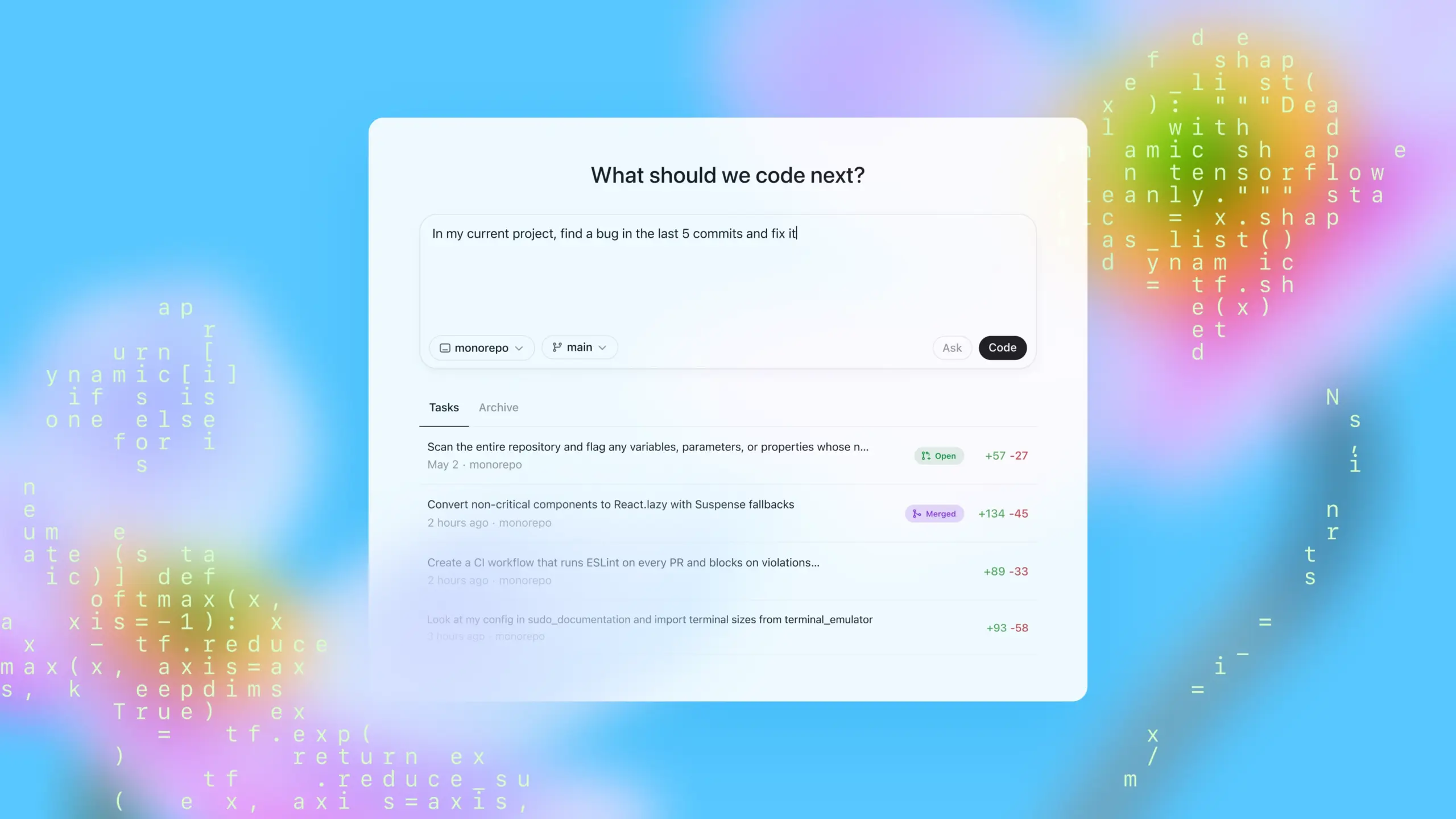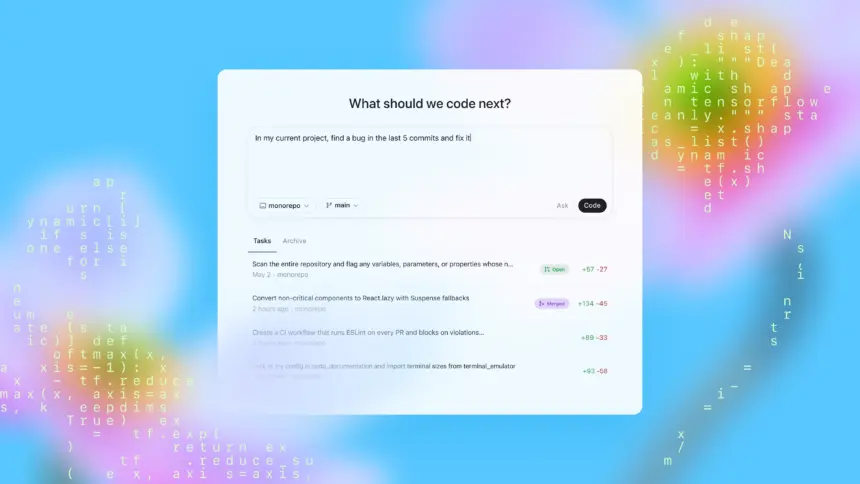OpenAI Codex is a powerful cloud-based software engineering agent recently announced by OpenAI CEO Sam Altman. Built for developers and enterprises, OpenAI Codex automates programming tasks such as feature development and bug fixing. By running multiple jobs in parallel, this AI-powered tool aims to transform software development workflows and boost team productivity.

Pic Credit: OpenAI
Introduction: What Is OpenAI Codex?
OpenAI Codex is a powerful cloud-based software engineering agent recently announced by OpenAI CEO Sam Altman. Built for developers and enterprises, OpenAI Codex automates programming tasks such as feature development and bug fixing. By running multiple jobs in parallel, this AI-powered tool aims to transform software development workflows and boost team productivity.
Focus keyword (“OpenAI Codex”) appears in the title, meta, intro, permalink, and below.
OpenAI Codex represents a significant leap in artificial intelligence for software engineering. According to Sam Altman, it is designed to reduce manual coding overhead, enable faster product cycles, and streamline the path from idea to deployment.
How OpenAI Codex Works in the Cloud
OpenAI Codex leverages advanced AI models in a cloud-native environment. This means all heavy processing occurs securely on OpenAI’s servers, with developers interacting through APIs or intuitive web interfaces.
Key operational highlights:
- Cloud-first deployment: No local installations—just log in and assign coding tasks.
- Parallel processing: Run multiple coding and debugging jobs simultaneously.
- Instant integration: Works seamlessly with tools like GitHub and popular CI/CD platforms.
The cloud software engineering agent adapts to your coding style, improves over time, and accelerates complex programming projects for individuals and teams alike.
7 Major Benefits of Using OpenAI Codex
OpenAI Codex delivers measurable advantages for developers and businesses:
- Faster Feature Releases
Quickly turn requirements into working features with minimal manual intervention. - Automated Bug Fixing
Codex identifies and repairs code errors, improving quality and reducing downtime. - Parallel Task Execution
Developers can automate dozens of tasks at once, from bug fixes to feature additions. - Multi-Language Support
Supports major programming languages including Python, JavaScript, Java, C#, and more. - Security-Driven Development
Automatically scans for vulnerabilities and enforces coding best practices. - Cost Savings
Reduces the need for large developer teams for routine tasks, optimizing budgets. - Continuous Learning
Codex improves as you use it, learning from your codebase and preferences.
These breakthroughs put OpenAI Codex at the forefront of AI-driven software automation.
Watch this video on OpenAI’s Codex:-
Video Credit: Developer’s Digest, YouTube Channel
Key Features and Use Cases
Key Features
- Code generation from requirements
- Automatic code review and optimization
- Integration with cloud version control
- Bug detection and real-time fixes
- Customizable AI workflows for unique projects
Top Use Cases
- Startups looking to accelerate MVP delivery
- Large enterprises automating legacy code maintenance
- DevOps teams optimizing deployment pipelines
- QA teams using Codex for automated test generation
OpenAI Codex vs. Other AI Coding Tools
| Feature | OpenAI Codex | GitHub Copilot | TabNine |
|---|---|---|---|
| Cloud-native | Yes | No | No |
| Parallel task processing | Yes | No | No |
| Automated debugging | Yes | Partial | No |
| Multi-language support | Extensive | Moderate | Moderate |
| Enterprise integration | Strong | Limited | Limited |
| Self-improving AI | Yes | Limited | Limited |
OpenAI Codex stands out for cloud delivery, deep integration, and multi-tasking—making it the preferred choice for modern development teams.
Frequently Asked Questions about OpenAI Codex
1. What is OpenAI Codex?
OpenAI Codex is a cloud software engineering agent that automates programming tasks, from feature development to bug fixing, using advanced AI models.
2. How does OpenAI Codex improve developer productivity?
By automating repetitive tasks and running jobs in parallel, Codex frees developers to focus on creative, high-value work.
3. Is OpenAI Codex secure for enterprise use?
Yes. Codex features encrypted communications, strict access controls, and full audit trails for compliance.
4. Which languages does OpenAI Codex support?
Codex supports Python, JavaScript, Java, C#, TypeScript, Go, Rust, and more.
5. What sets OpenAI Codex apart from tools like Copilot?
Codex operates in the cloud, supports true parallel processing, and integrates with enterprise workflows, making it more scalable and robust.
Latest Updates and Roadmap
- Enterprise beta: OpenAI Codex is available to select partners now, with broader release planned for Q3 2025.
- Roadmap: OpenAI plans additional language support, deeper natural language integration, and advanced DevOps features in future updates.
- Feedback: Developers and companies can provide input to help shape Codex’s evolution.
Follow Stellarbulletin for these exciting news



